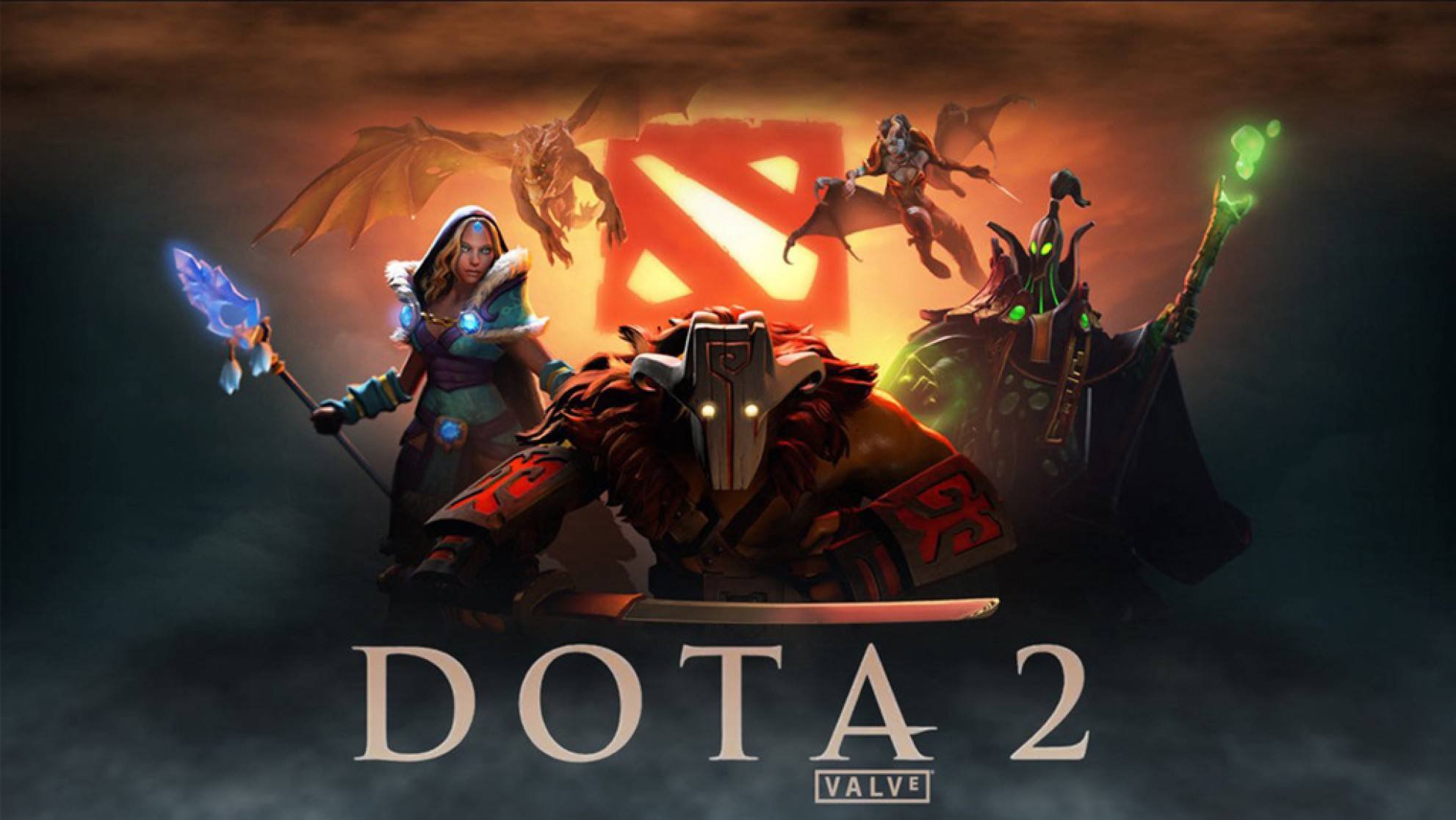In the dynamic world of Dota 2 esports, the practice of Match Making Rating (MMR) boosting has emerged as a controversial phenomenon with far-reaching implications. This comprehensive case study delves into the multifaceted impact of dota 2 boosting on competitive integrity, player development, economic dynamics, team synergy, regulatory considerations, and ethical dilemmas within the Dota 2 esports landscape.
Impact Areas

Competitive Integrity: MMR boosting poses a significant challenge to competitive integrity within Dota 2 esports by introducing skill discrepancies and distorting the authenticity of player rankings. The practice undermines the fairness of competitive matches and raises concerns about the integrity of the esports scene.
Player Development: While MMR boosting offers a shortcut to higher rankings, it may hinder organic player development. Players who rely on boosting services may miss out on the opportunity to improve their skills organically, impacting their long-term growth as competitive gamers.
Economic Dynamics: The market for MMR boosting creates economic opportunities within the Dota 2 esports ecosystem. Professional players offering boosting services can generate income, but this commercialization of boosting services raises questions about ethical business practices and fair competition.
Team Synergy: Within professional Dota 2 teams, the presence of players with artificially boosted MMRs can disrupt team dynamics and strategic cohesion. Skill disparities resulting from MMR boosting may affect performance consistency and the overall synergy of competitive teams.
Regulatory Considerations: Esports organizations and league administrators face regulatory dilemmas regarding MMR boosting. Implementing policies to address boosting practices, such as anti-boosting measures or eligibility restrictions for players with artificially inflated MMRs, is essential to maintain the integrity of competitive play.
Ethical Challenges: The prevalence of MMR boosting raises ethical concerns within the Dota 2 esports scene. Questions of fair play, sportsmanship, and the authenticity of player achievements come to the forefront, challenging the moral compass of players, teams, and tournament organizers.
Recommendations
Education and Awareness: Promote educational campaigns to raise awareness about the negative impact of MMR boosting on the Dota 2 esports community and encourage fair play practices.
Stricter Regulations: Enforce stringent regulations and penalties against MMR boosting to deter the practice and uphold competitive integrity within the esports scene.
Player Development Initiatives: Introduce initiatives that focus on skill development and player improvement to foster a competitive environment where genuine skill and talent are valued over artificially inflated rankings.
Summary
The multifaceted impact of dota 2 boosting esports scene underscores the complex interplay between competitive integrity, player development, economic considerations, team dynamics, regulations, and ethics. Addressing the challenges posed by MMR boosting requires a concerted effort from stakeholders to uphold the authenticity and integrity of competitive gaming within the Dota 2 esports ecosystem. Only through collaborative measures can the esports community navigate the complexities of MMR boosting and foster a fair, competitive, and ethically sound environment for players and enthusiasts alike.

